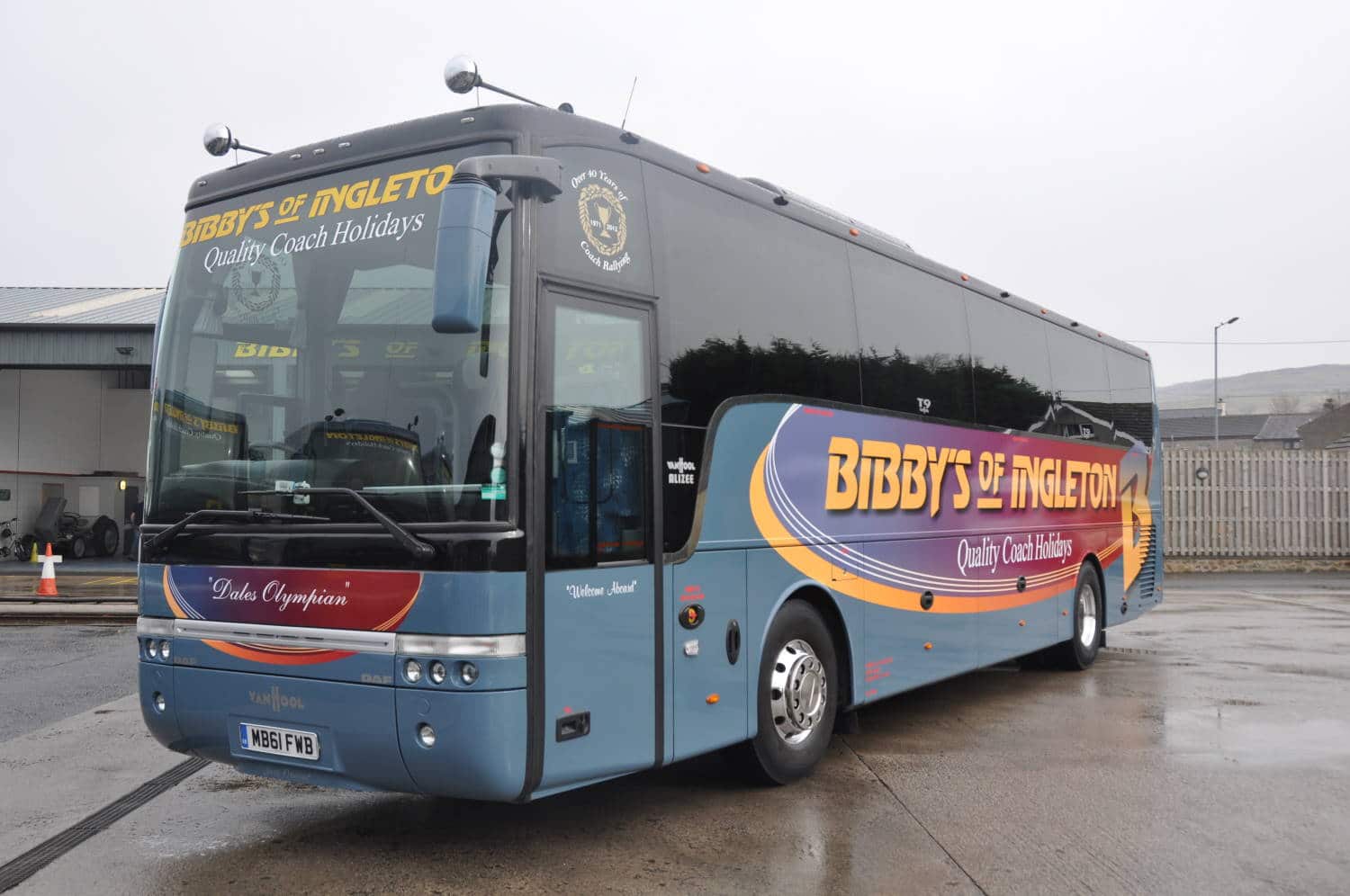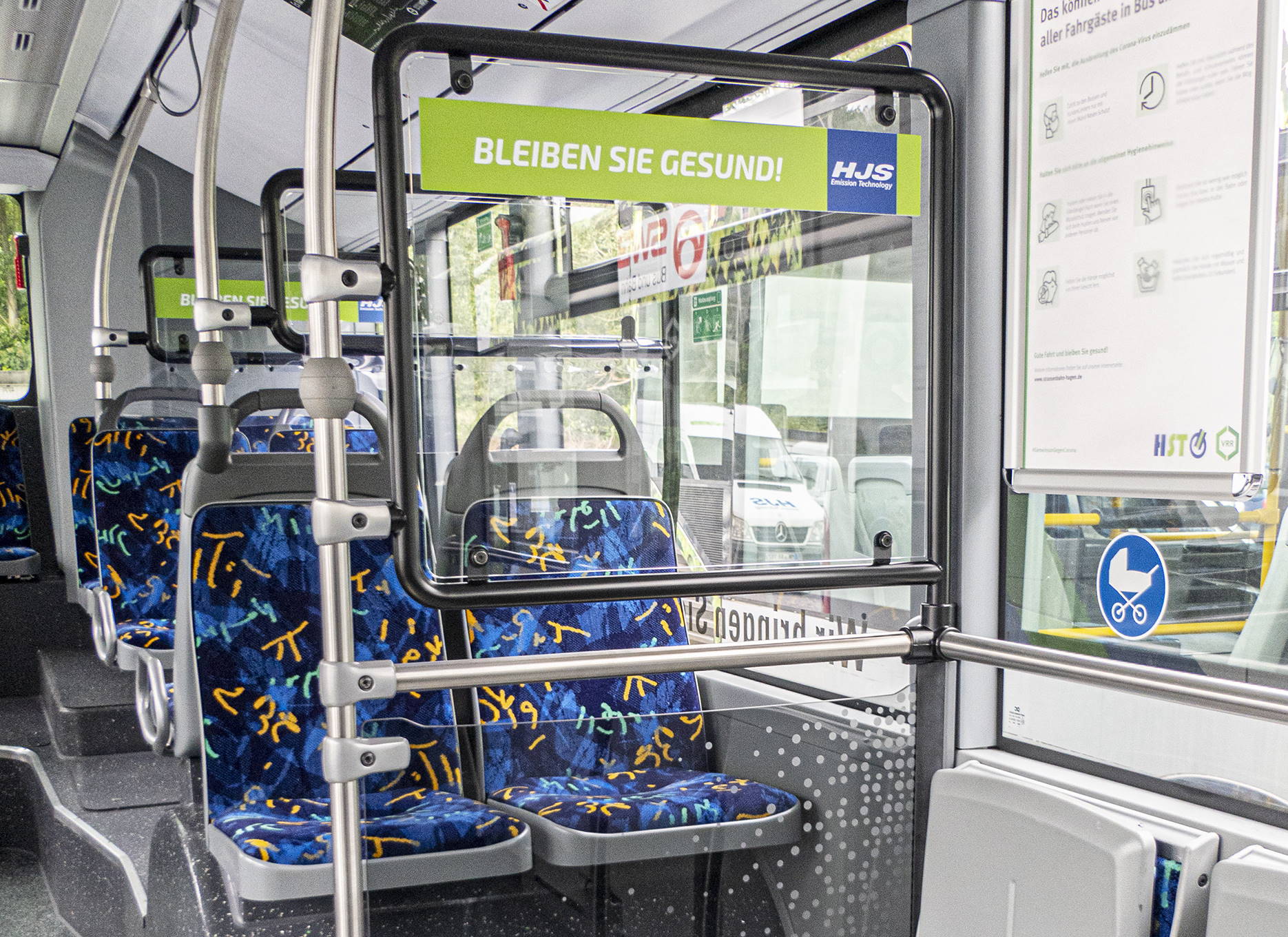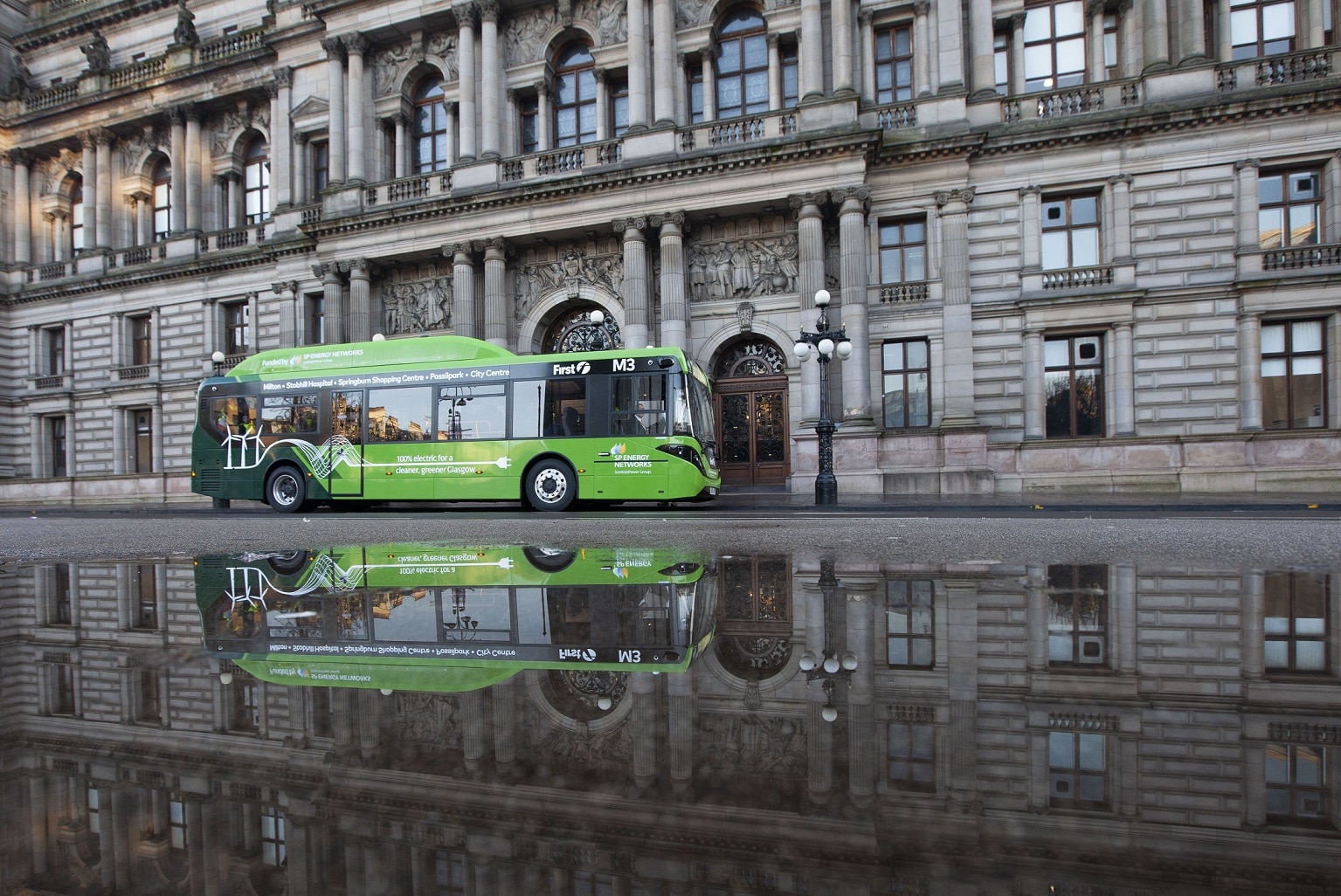As lockdown eases and tourism resumes across the UK, the question of whether coach tourism is viable for venues enforcing social distancing comes into play. routeone discovers the perspective from both sides on the day trip market
The Good to Go scheme is the new industry safety standard launched in partnership with the national tourist organisations of England, Scotland, Northern Ireland and Wales. It has been the green light for many businesses to welcome customers back with the confidence they will be kept as safe as possible while ever coronavirus COVID-19 is in circulation.
For coaches, particularly those operating day trips, this means now is an opportune time to begin dialogue on how they and venues can work together to safely arrange group visits in the medium term. More businesses have been able to open in England since 4 July, With Wales and Scotland opening their doors later in the month; but many businesses remain reluctant to resume services unless some guarantee of safety can be made, and that customers can be confident they are being looked after.
That confidence may not be guaranteed by an industry standard such as the Good to Go Scheme alone, says one operator.
The operators’ perspective on day trips
Bibby’s of Ingleton, well respected in the coach tourism sector, believes operators and venues need to be proactive in order to give customers faith in coaches and tourism venues – the logic being that a universal set of guidance will be less value to a consumer than a guarantee that each location has been examined and safeguarded, with their unique properties and bottlenecks considered.
One idea Bibby’s is toying with is that of a practical risk assessment for each venue, done using a test group. Director Chris Bibby argues that it is worth approaching local attractions in order to better understand restrictions of space, boarding, alighting and how groups will navigate locations while maintaining safe distances.
“It’s easy to establish procedures on paper,” says Chris. “But to implement those procedures in practice, particularly in venues such as historic properties, is potentially more valuable.”
Operators with experience visiting such historic properties know there are bound to be parts of the building where people risk being too close. By understanding how to work around these limitations and show groups they have carefully considered and tackled the problem, operators can play their role in helping more venues open their doors.
Bibby’s says it will target venues which have been unsure how to finalise social distancing rules. A small logical leap suggests they are the ones which would be most appreciative of the support from the coach sector.
“If successful, we can say we have supported attractions to re-open,” Chris adds, and implies a warmer relationship post-pandemic could be on the horizon. “We’re focusing on those which haven’t had the confidence to open on 4 July, as those are the venues which we feel would value the feedback of a practical risk assessment most.”
‘The final hurdle’, as Bibby’s puts it, the practical risk assessment is perhaps the last in a line of measures designed to capture passenger confidence. Vehicles may be clean, procedures in place, and the Good to Go scheme an official mark of best practice – but proving the measures work in practice before the venues open may be the deciding factor in whether passenger trust is fully regained.
Timing is key on the matter, Chris explains – if operators move too early, or wait too late, they may miss the swell of support for the ‘staycation’ that is expected to arrive.
Coach and venue working together
Communication with venues which are already open will also prove valuable to day trip operators. Many venues are indeed keen to work with the industry, and routeone has been contacted by several wishing to clarify the future working relationship they might expect post-pandemic.
On the Isle of Wight, The Old Smithy has proven the necessity of close co-operation between venues and operators. Social distancing requirements mean a booking system for coaches is now in place. Should summer levels return to normal, where 12 to 15 coaches would often be accommodated, all visiting groups must now book a place or else face being turned away.
Booking is done by telephone, with owner Steve Cross already active in contacting local hotels to ensure coach drivers check beforehand that space is available. But the onus lies also with operators, as Steve is unable to contact all who visit.
“We’ve always had a reputation as being a popular coach venue,” Steve explains. “The local hotels have been happy to work with us, but it’s harder to communicate these needs to coach operators.”
In the meantime, Steve assures us that for the most part nothing has changed – for example, coach drivers will still be allowed food and drink free of charge and access to the facilities.
And in Lancashire, Oswaldtwistle Mills has been keen to invite coach operators back to fill the void left by the collapse of Shearings, National Holidays and the winding up of David Urquhart’s tour business. All three made up large accounts with the venue and as such it has been on the lookout for new business, suggesting a strong appetite for day trip trade exists now that lockdown has eased.
However, like many businesses, Oswaldtwistle Mills will benefit from the knowledge of operators in judging the viability of day trips in the coming months. Coach tourism makes up 12% of Oswaldtwistle’s business, estimates Ambassador and former Chairman Peter Hargreaves, with around 800 vehicles normally anticipated per year.
Security on the front entrance, additional cleaning measures and a cancellation of cabaret shows through July and August is intended to keep visitors safe. The shopping centre now only needs the communication from coach operators to continue the process to resume day trips.
Whether the venues you visit are open or still closed, Bibby’s, The Old Smithy and Oswaldtwistle Mills all strongly indicate that communication and co-operation is the most important factor in successfully resuming coach tourism for both sides.





























